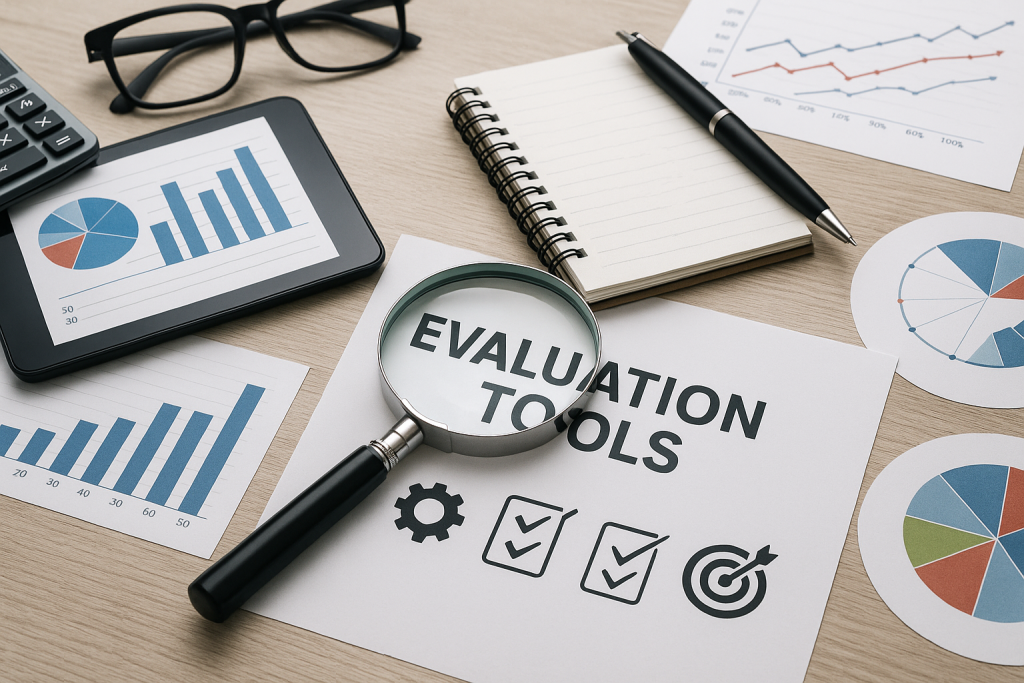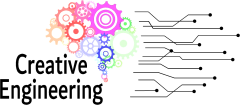Evaluation Tools

Evaluation Tools in CEDE
The CEDE project developed a structured set of evaluation tools to assess students’ acquisition of transversal skills such as creativity, problem-solving, communication, and digital readiness within engineering education. These tools were created in alignment with the CEDE curriculum and designed to be adaptable, user-friendly, and pedagogically relevant.
Three-Layered Evaluation Framework
CEDE’s methodology is based on three types of evaluation tools:
Cognitive tools – Assessing knowledge and theoretical understanding (e.g., quizzes, concept questions).
Practical tools – Measuring application of skills in real or simulated tasks (e.g., case studies, project work).
Reflective tools – Encouraging self-awareness and development through reflection (e.g., diaries, self-assessment checklists).
Each tool is supported by clear templates and guidelines to ensure easy integration into teaching practices.
Evaluation Methodology
The evaluation approach follows a formative and summative logic, combining ongoing feedback, student reflection, and final performance assessment. Tools were piloted during the implementation phase and adjusted based on student and teacher feedback to ensure relevance and usability. The methodology is fully described in the official document Methodology for Developing Evaluation Tools, available for download.

